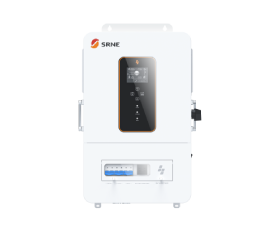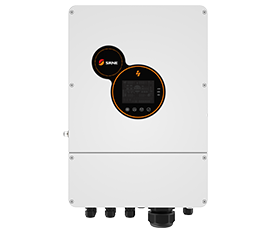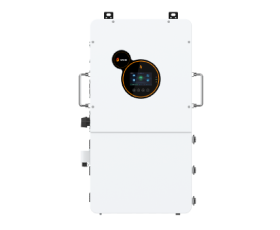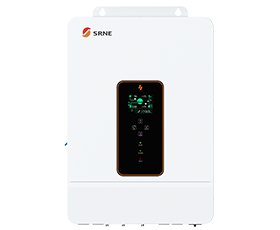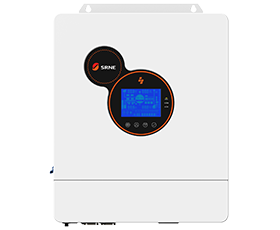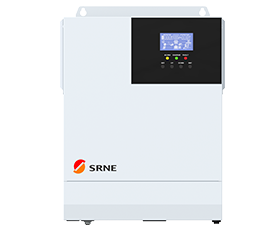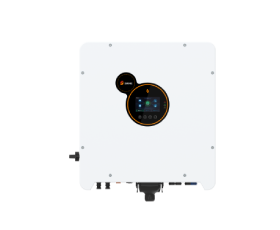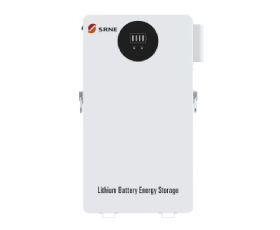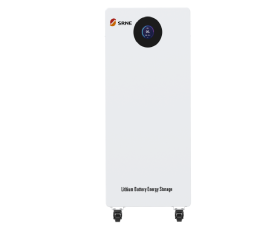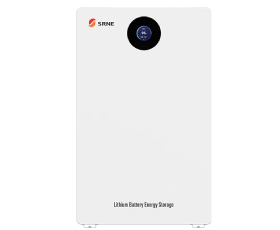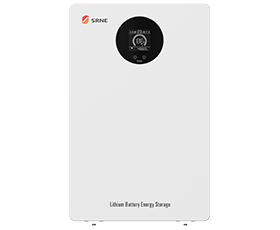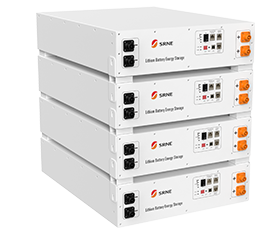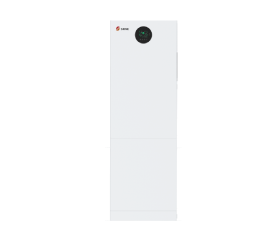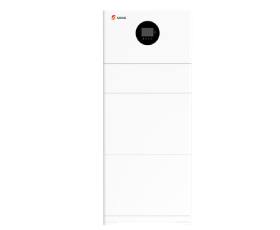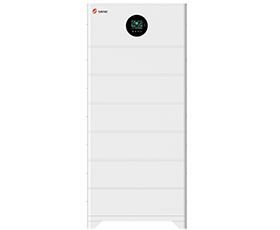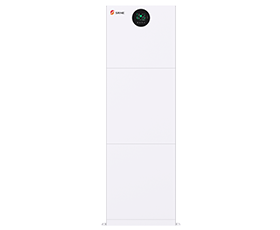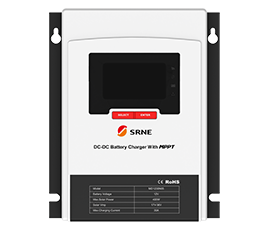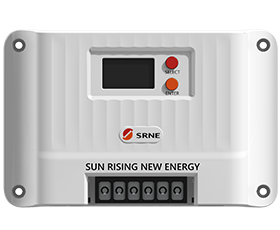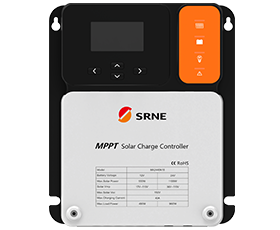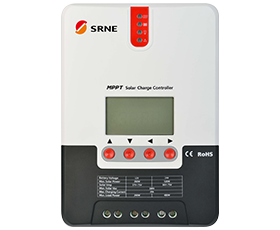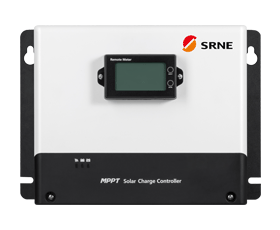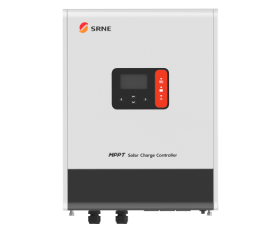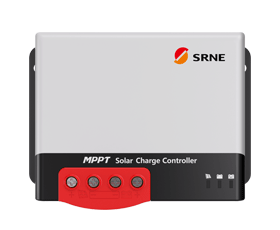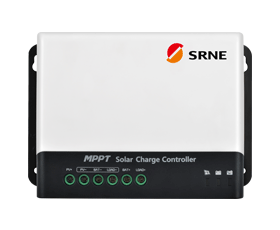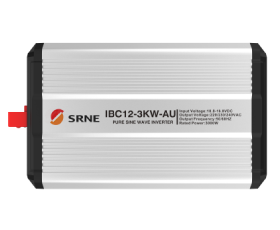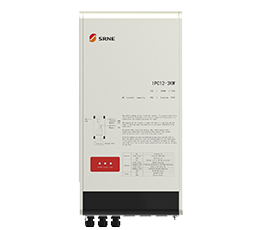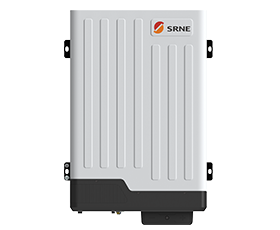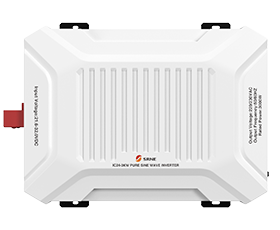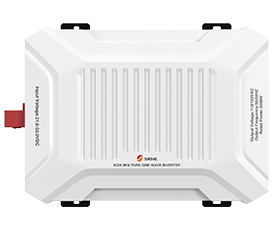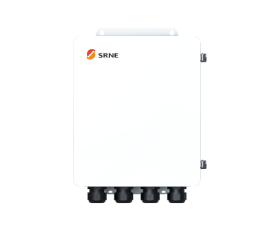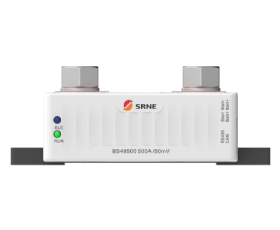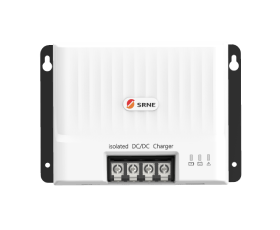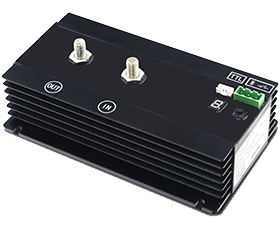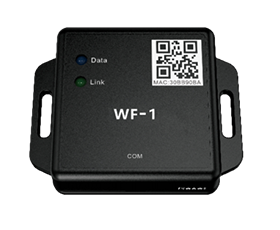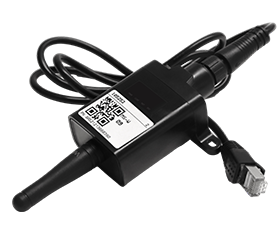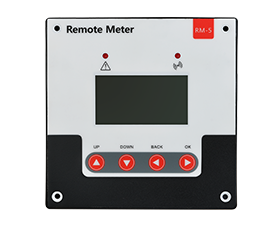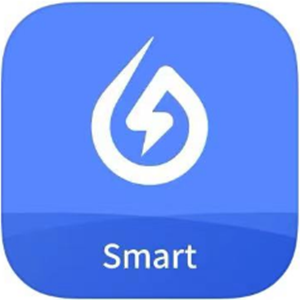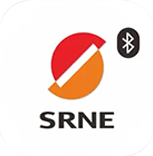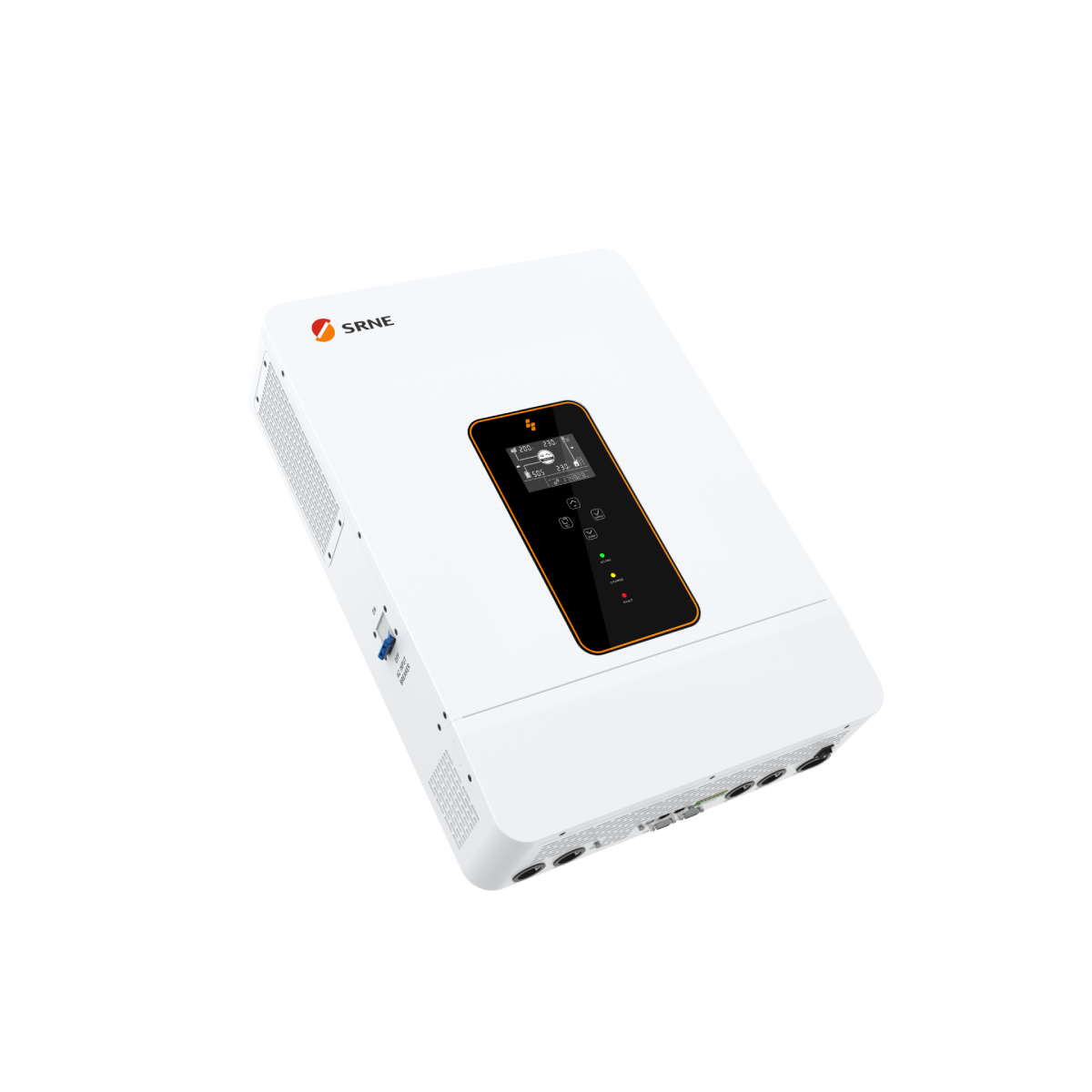How Long Do Solar Panels Last?
Solar panels offer homeowners a great way to reduce their carbon footprint. Luckily, the lifespan of solar panels will allow you to produce energy for many years, providing a great return on investment. Have you ever wondered how long solar panels last? This article will try to answer that question as well as give you some ideas on how to make your solar panels last longer.
As a general rule of thumb, solar panels last for about 25-30 years. However, this doesn’t mean that they stop producing electricity after 25 years---it just means that energy production has declined by what manufacturers consider to be a significant amount.
Solar panels can continue to work for many decades, given they aren’t physically damaged by wind, debris, or any other external factors. This is primarily because solar panels don’t have any moving parts---they rarely break from within and are usually only damaged by outside forces like a poor racking setup or inclement weather.

What makes your solar panels become less efficient?
Here are just a couple of the factors that make your system less efficient.
1、Rain
Rain can create corrosion on your solar panels if they are not installed correctly. This corrosion can reduce your panel’s ability to convert the sun’s rays into clean electricity. Corrosion can also wear at the metal framing.
2、Wind
Wind is usually a non-issue, however, that’s not always the case. If a wind is strong enough, it can cause the entire solar panel to vibrate. If your panels experience enough vibrating, the bonding that is holding different parts of the solar energy system together can come apart. Think of it as if someone is shaking another piece of equipment in a way that it’s not supposed to. With enough shaking the whole thing will come apart. The wind does the same thing.
3、Heat
Heat can make your solar panels more brittle. The more brittle the panel, the more likely moisture can penetrate the surface. The more moisture gets into your solar energy system, the more likely you will experience a reduction of energy output or enhanced degradation rates. Additionally, high heat can cause cracks and break away the binding of the panel. In some cases, heat can also cause discoloration which can further decrease the efficiency of the overall solar energy system over time.
4、Snow
Snow can cause similar problems as heat. Like high temperatures, freezing cold temperatures can cause solar panels to warp, cells to crack, and frames to break apart.
What is solar panel degradation rate?
Over time, solar panels lose their ability to absorb sunlight and convert it into solar energy due to factors such as hotter weather and the natural reduction in chemical potency within the panel. This is what is referred to as the “degradation rate”.
The lower the degradation rate, the better the panel. When a solar panel has a lower degradation rate, it will produce more energy over its lifetime.
Degradation rates vary from one brand to another; higher-quality panels have a lower degradation rate versus lower-quality panels. This is important to keep in mind when doing a solar panel comparison since it might make more sense in the long run to spend more money on higher quality panels.
3 tips to make your home solar panels last longer
Just like leaving your car sitting outside at the mercy of the elements, it’s almost certain solar panels left without maintenance will fall victim to failures. But don’t despair. Here are three tips that could add years to the life expectancy of your solar power system.
Tip 1: Team Up with a Trustworthy Solar Provider
The smartest way to ensure your solar panels work for a long term is to partner with a well-respected solar installer who offers solid customer service.
Tip 2: Keep Your Panels Clear of Debris and Other Damaging Materials
When your panels are free from leaves, dirt, pollen, dust, bird droppings and falling branches, this gives them the perfect scenario to generate the highest amount of solar energy possible. You can also read more on how to clean your solar panels today.
In case your panels are obstructed or damaged by any of these elements and you don’t have the proper training or equipment to take further action, please contact your solar provider to receive assistance.
Tip 3: Make Sure Your Panels Are Regularly Monitored and Maintained
A healthy solar system is a happy system. Doing routine maintenance checks will help keep your solar system’s panel performance, meters and other parts running at maximum efficiency.




















